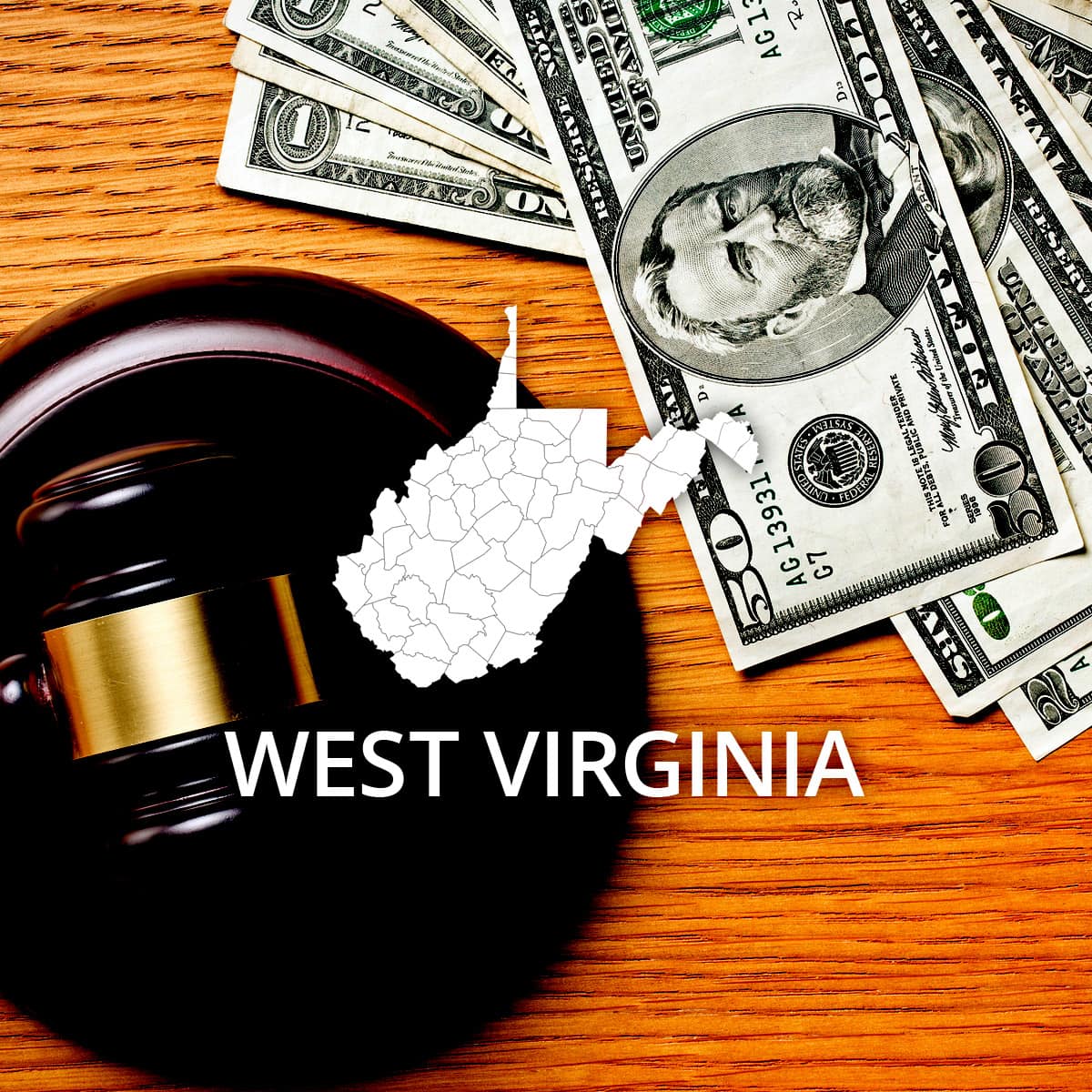How to File Bankruptcy in West Virginia
 Bankruptcy courts are located in federal districts and governed by federal statutes. Each state has at
least one, but West Virginia has a Northern District and Southern District. Bankruptcy allows debtors to
clear and catch up on debts when they owe more than they can pay, but it does negatively affect credit
scores and reports for up to 10 years.
Bankruptcy courts are located in federal districts and governed by federal statutes. Each state has at
least one, but West Virginia has a Northern District and Southern District. Bankruptcy allows debtors to
clear and catch up on debts when they owe more than they can pay, but it does negatively affect credit
scores and reports for up to 10 years.
The U.S. Bankruptcy Court suggests seeking consult from a licensed attorney prior to filing, though individuals can file without an attorney, or pro se. If you would like an attorney but can't afford one, the American Bar Association can refer a lawyer who has agreed to provide services for free or at a reduced rate.
Types of Bankruptcy and Terms
Chapter 7 bankruptcy is filed when the debtor wishes to discharge unsecured debts and liquidate assets to pay back as many debts as possible. However, student loans and taxes may not be discharged in a bankruptcy.
Chapter 13 allows the debtor to reorganize debts with the creditors for reduced payments so that debts can be repaid more easily. This option allows the debtor to maintain ownership of property like houses and cars rather than liquidating them.
Chapter 11 is filed by businesses who wish to reorganize their debts for repayment, and Chapter 12 is reserved for farming and fishing professionals.
Steps to Filing Bankruptcy
Before a debtor may file for bankruptcy at the local court, a credit counseling course must first be completed. A certification of the completion must be presented to the court proving it was completed within the last six months.
Upon initial bankruptcy filing, court fees must be paid. Chapter 7 and 13 fees are a few hundred dollars. Chapter 7 petitioners may file for a waiver or reduced payment plan of these fees. If they are not paid as agreed, the court may dismiss the case altogether.
Multiple schedules and forms must be presented to the court by a specified date and be completed in full or risk case dismissal. Tax returns, W-2s, balance sheets, property information, net worth, and debt information must all be submitted. Chapter 7 debtors must also complete a means test to prove they are unable to repay their debts.
A meeting of creditors is scheduled by the court, where creditors are able to interview the debtor about their current financial situation. The court-appointed trustee helps to negotiate reorganization of the debts, and a finalized schedule is submitted to the court for approval.
Prior to completing a bankruptcy case, the court requires debtors to also complete a financial management course from a local approved vendor. Vendor lists are available from your local courthouse.
Additional information and bankruptcy forms can be found at http://www.uscourts.gov/forms/bankruptcy-forms or RecordsFinder.com Court Forms Section.
Location Specific Information
The Northern District of West Virginia U.S. Bankruptcy Court has locations in Wheeling and Clarksburg. Southern District courts are located in Beckley, Bluefield, Charleston, Huntington and Parkersburg. Hours of operation are 8:30a.m. to 5:00p.m., closed from 12:00-1:00p.m.
